CEO Surbhi Sarna’s small team at Collate so far includes founding chief architect Jigish Patel and cofounder and CTO Nate Smith.
Gary Sexton Photography
Surbhi Sarna sold her last startup, nVision Medical, for $275 million. Now she’s leaving a partner role at Y Combinator to launch Collate, a startup aiming to automate the tedious parts of running a life sciences business.
When Surbhi Sarna set out to raise funding for her ovarian cancer detection startup more than a decade ago, she faced a lengthy struggle. A solo founder not long out of college at the time, she scraped together $500,000 for nVision Medical in 18 months and got to work. nVision had raised just $17 million total by the time Sarna sold it to medical device giant Boston Scientific for $275 million in 2018.
It’s a different story with Sarna’s second startup, Collate, announced today at the J.P. Morgan Healthcare Conference. Collate is emerging from stealth with $30 million in seed funding led by Redpoint that values the fledgling business at more than $100 million, a significant number for such an early-stage company. VC firms First Round and Conviction Partners also participated, as well as Y Combinator, the startup accelerator where Sarna has served as a partner since 2021.
Sarna is leaving Y Combinator to build Collate, she told Forbes, to seize upon the opportunity to use artificial intelligence to solve one of a life science company’s biggest headaches: paperwork. Companies in the business of making drugs or medical devices must produce reams of documentation for everything from research and clinical trials to product development to manufacturing and labels, Sarna said. With generative AI tools, those businesses can automate much of the process, speeding up development of potentially life-saving drugs, she added.
“I realized that there was an opportunity here, but it could only be started by someone that lived both that documentation piece day-in and day-out, and also understood the power of AI,” Sarna said. “If I talk to customers, they say they would use this immediately.”
Sarna’s kept quiet about what she was building until today, partly due to her role at Y Combinator, and partly for competitive reasons. The business has no customers today, nor a commercial product. But Collate will look to sign on two or three large-sized life science customers in the next few months, said Midas List investor Satish Dharmaraj, who led the investment for Redpoint.
“This is going to be low velocity, high contract value selling, but it’s going to be really sticky, and each business is going to get a lot of value out of it,” Dharmaraj said. “We can grow inside each enterprise, going from project to project, and department to department.”
Sarna didn’t grow up dreaming of being a CEO — she wanted to solve a personal problem. At age 13, she suffered from ovarian cysts so painful they made her faint, and doctors couldn’t tell her if they were cancerous. She founded nVision in 2009 in the Bay Area, while still working low-level day jobs in the medical device industry.
Sarna had to fight to be taken seriously, both as an entrepreneur and in building what some male investors considered a “women’s issue,” she detailed to Forbes in a 2018 profile. After trying to raise funds for more than a year, she finally scraped together $250,000 in funding, which was parceled out in tranches over time to reduce investors’ risk.
An alum of the 2014 Forbes 30 Under 30 list, Sarna succeeded in developing the first and only device cleared by the FDA to collect cells from fallopian tubes, offering a potential early diagnosis for ovarian cancer, the fifth-leading cause of cancer deaths among women. She was 32 when she closed the sale of nVision to Boston Scientific, where she then spent two years. Then she joined YC, first as a visiting partner, then as a group partner (now called a general partner) to lead its bio practice in 2021.
While at Y Combinator, Sarna helped push the accelerator to back more life science startups and engage with its community through more events. “She funded really great companies that we are going to continue to support,” said Y Combinator president and CEO Garry Tan, also a personal investor in Collate. “She came up from more of a biomedical devices background, and I like to think that in her time at YC, she blossomed into someone who could work on software as well.”
But Sarna always knew she wanted to build another startup. Once she saw the opportunity for a startup like Collate – and, at 39, with her two children old enough to be in school during the day – she made the decision to step back from YC to pursue it full-time. “Document creation for the life science industry may sound super-boring, not a sexy thing to work on,” she said. “But it’s a gigantic opportunity, and there’s no way you could do this with deterministic code. You needed large language models.”
To launch Collate, Sarna teamed up with Nate Smith, another former YC visiting partner who cofounded recruiting platform Lever, which was acquired by Employ Inc. in 2022. Sarna and Smith were catching up at her house when her 8-year-old son played accidental recruiter, they said, asking them both: “Is this another cofounder discussion?”
Neither entrepreneur had expected the other was looking for a partner, but that question kicked off a conversation that led Smith, 40, to join as chief technology officer. “It was very organic and very cute,” he said.
While there are numerous companies using AI to automate parts of the healthcare stack – including using LLMs in drug discovery itself – Collate’s breadth gives it an advantage, its supporters said. “Everybody who has a tool is going to say they are an AI tool today. There are lots of players around the niches,” said First Round’s Josh Kopelman. “If the average company we work with needs to create 5,000 documents, failure [for Surbhi] is creating 2,000. Surbhi wants to create all 5,000 of them.”
With $30 million in the bank, Collate now needs to build out its product and hire engineers; Sarna said she and Smith planned to hire fast with the larger-than-usual initial war chest. “At this point, I’m very clear on the type of culture I want to build and the type of people I want to surround myself with. That is one of the greatest joys and privileges of building your own company,” she said. “This time, we’re going to be much quicker, and I will be more precise.”
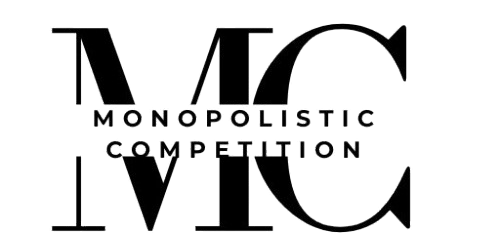
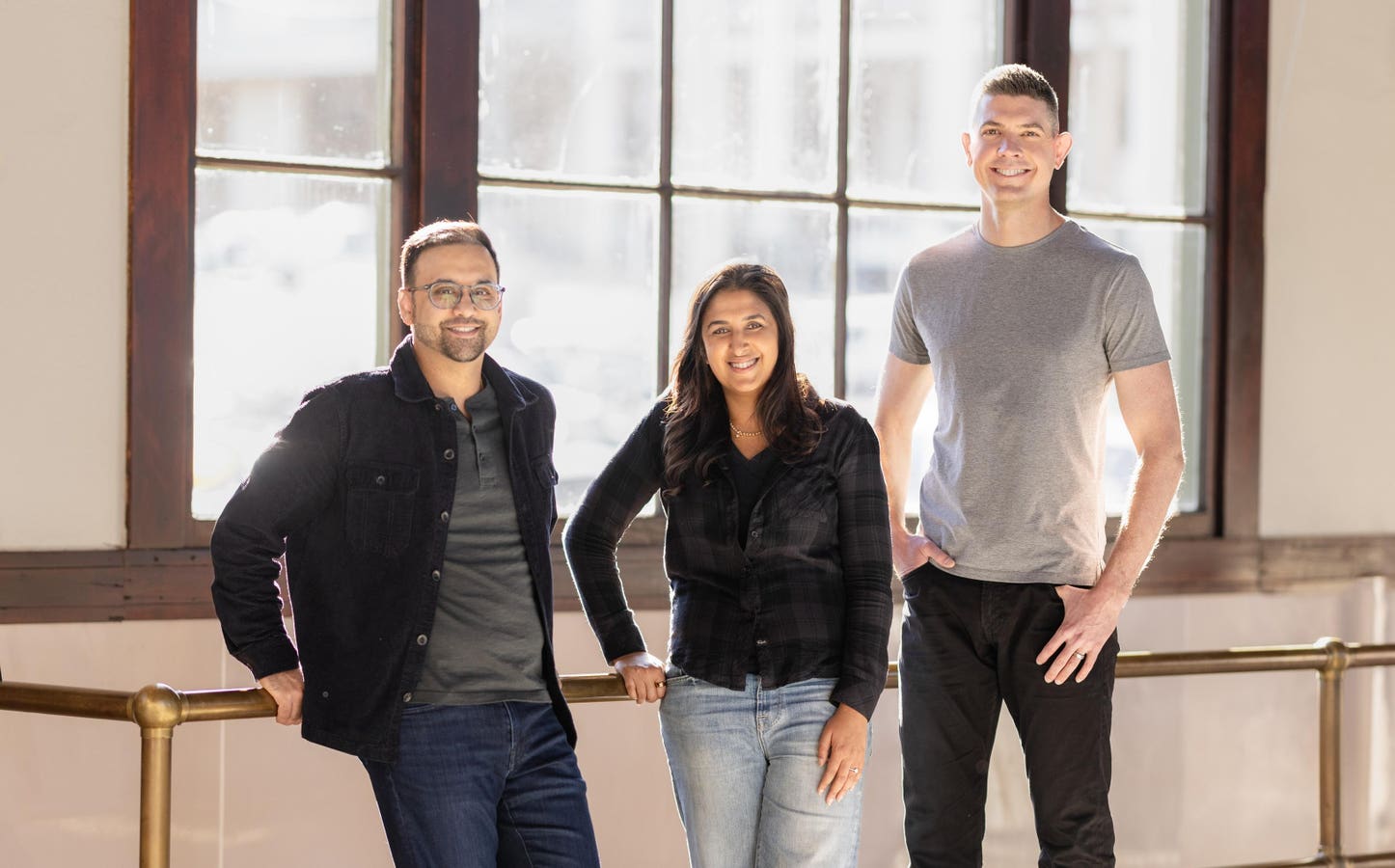
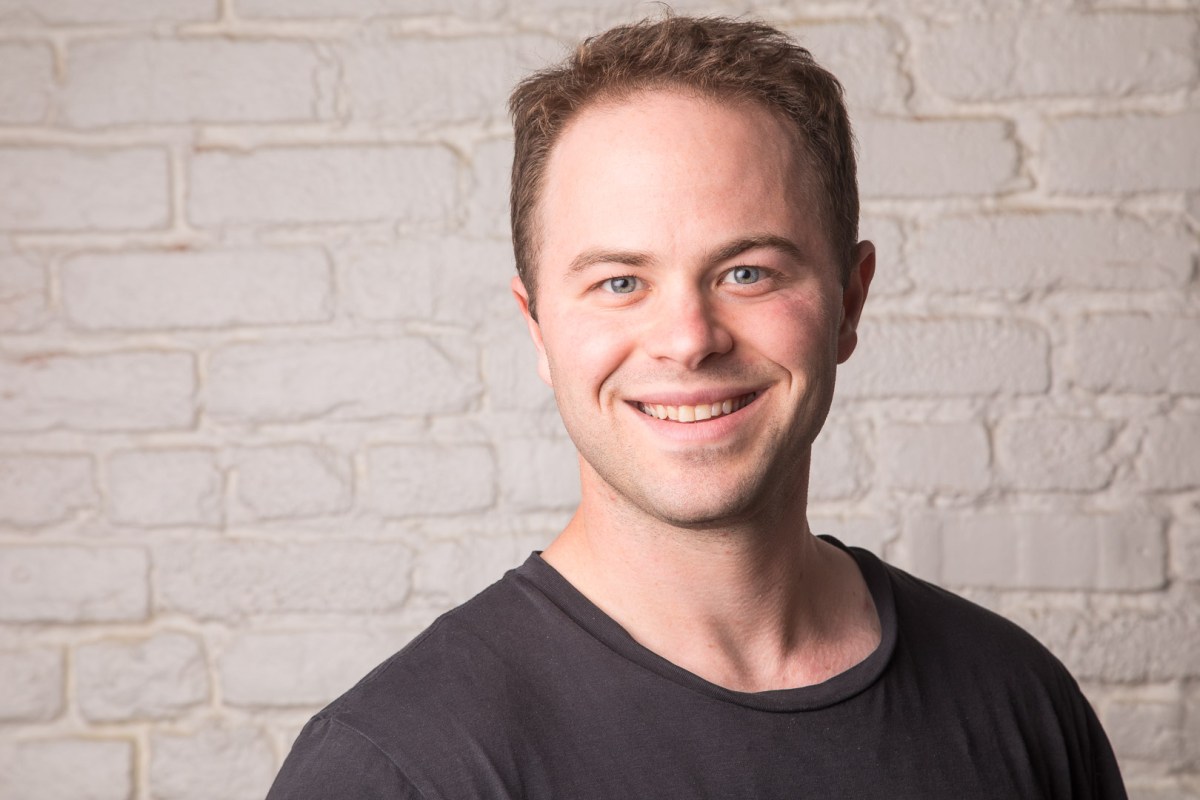
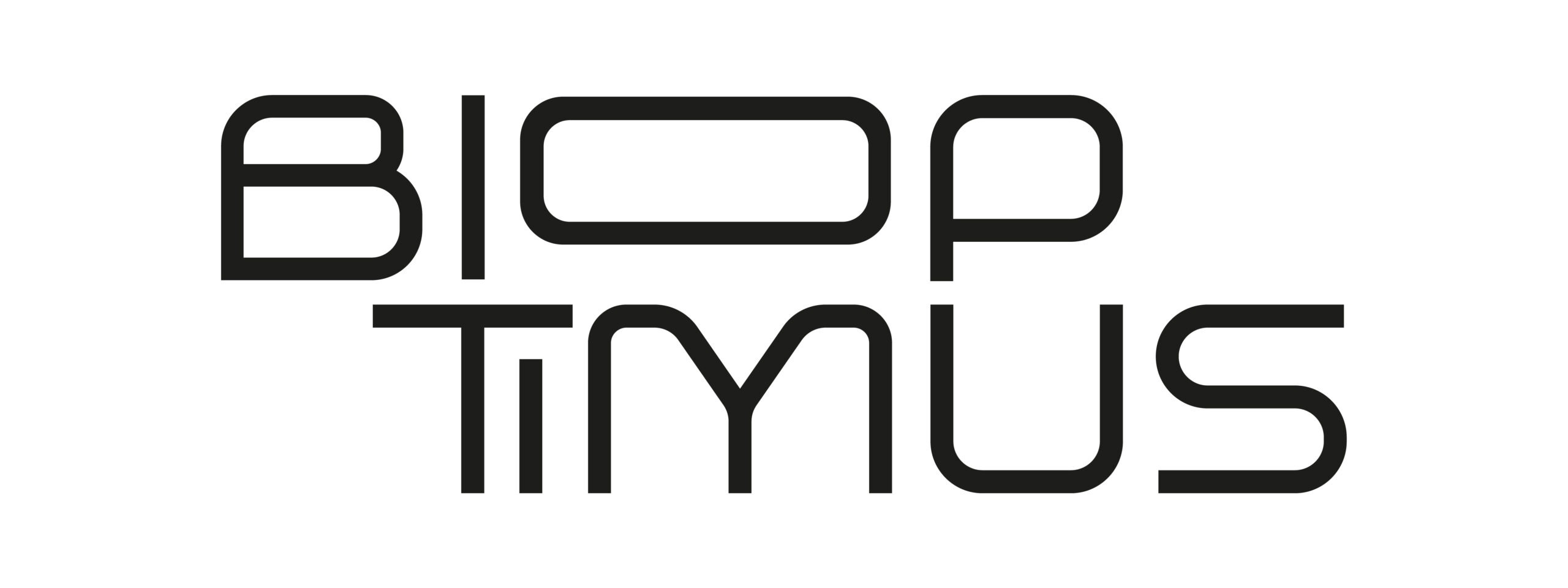




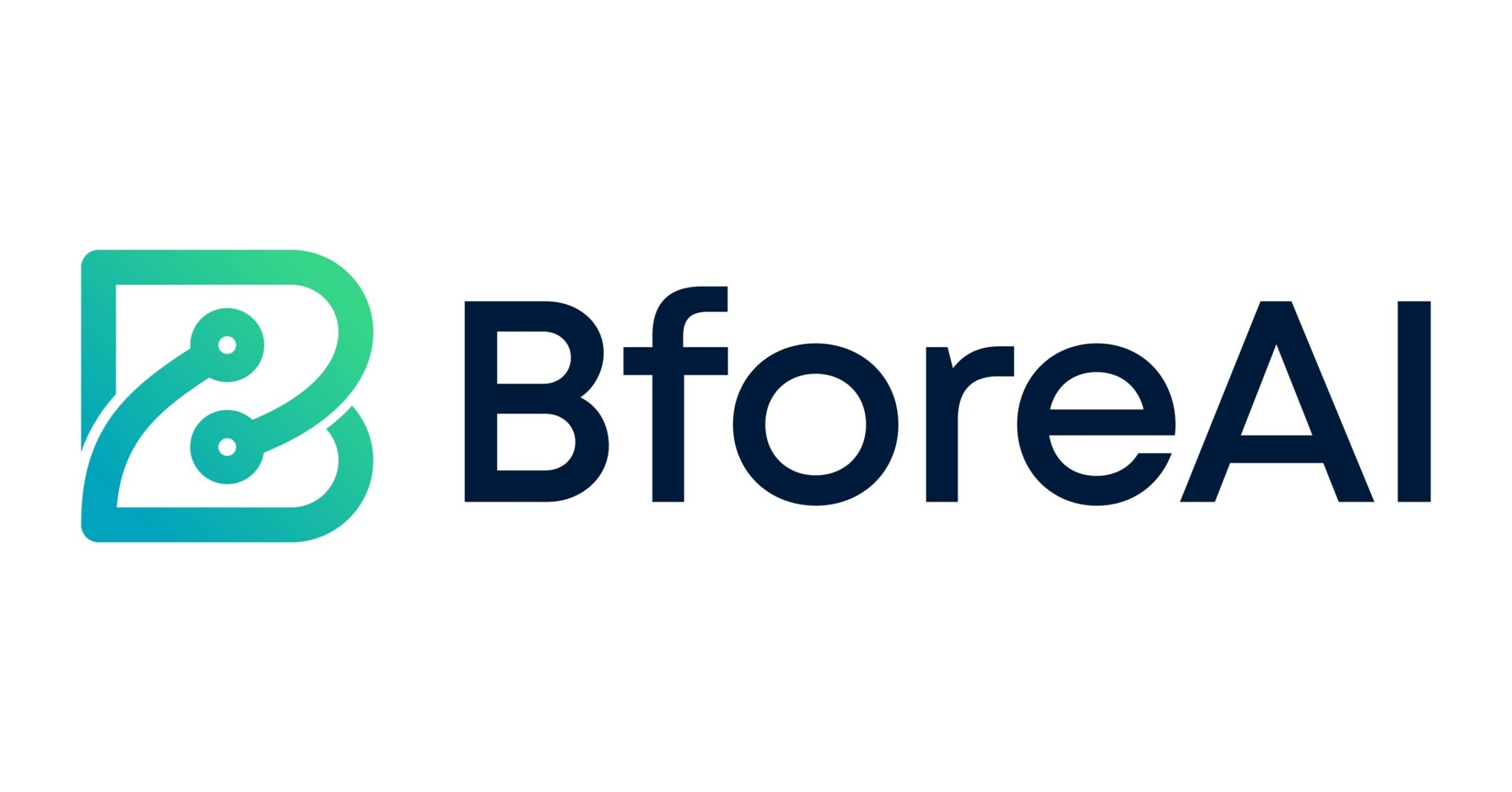


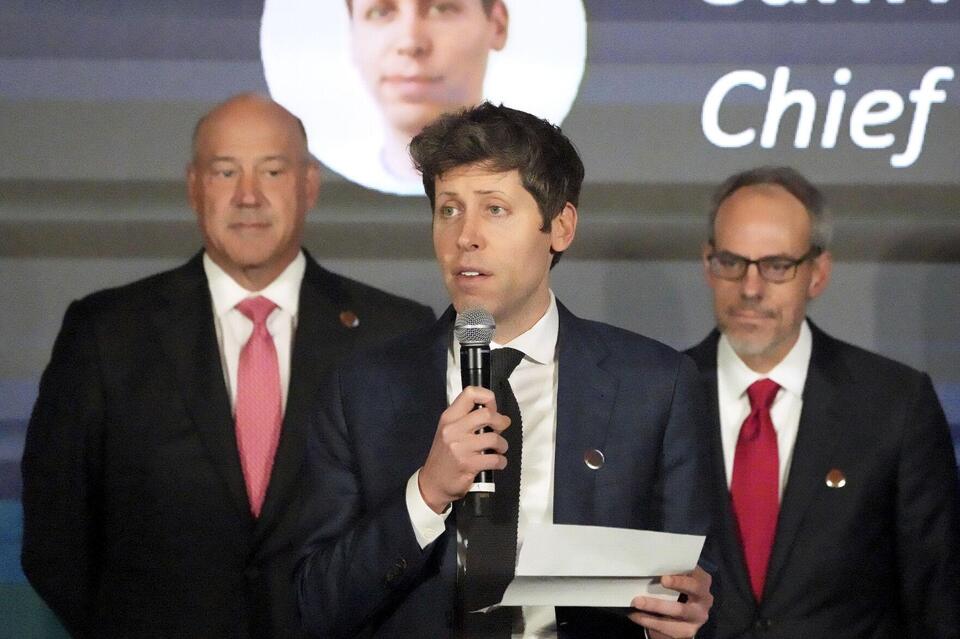
Leave a Reply